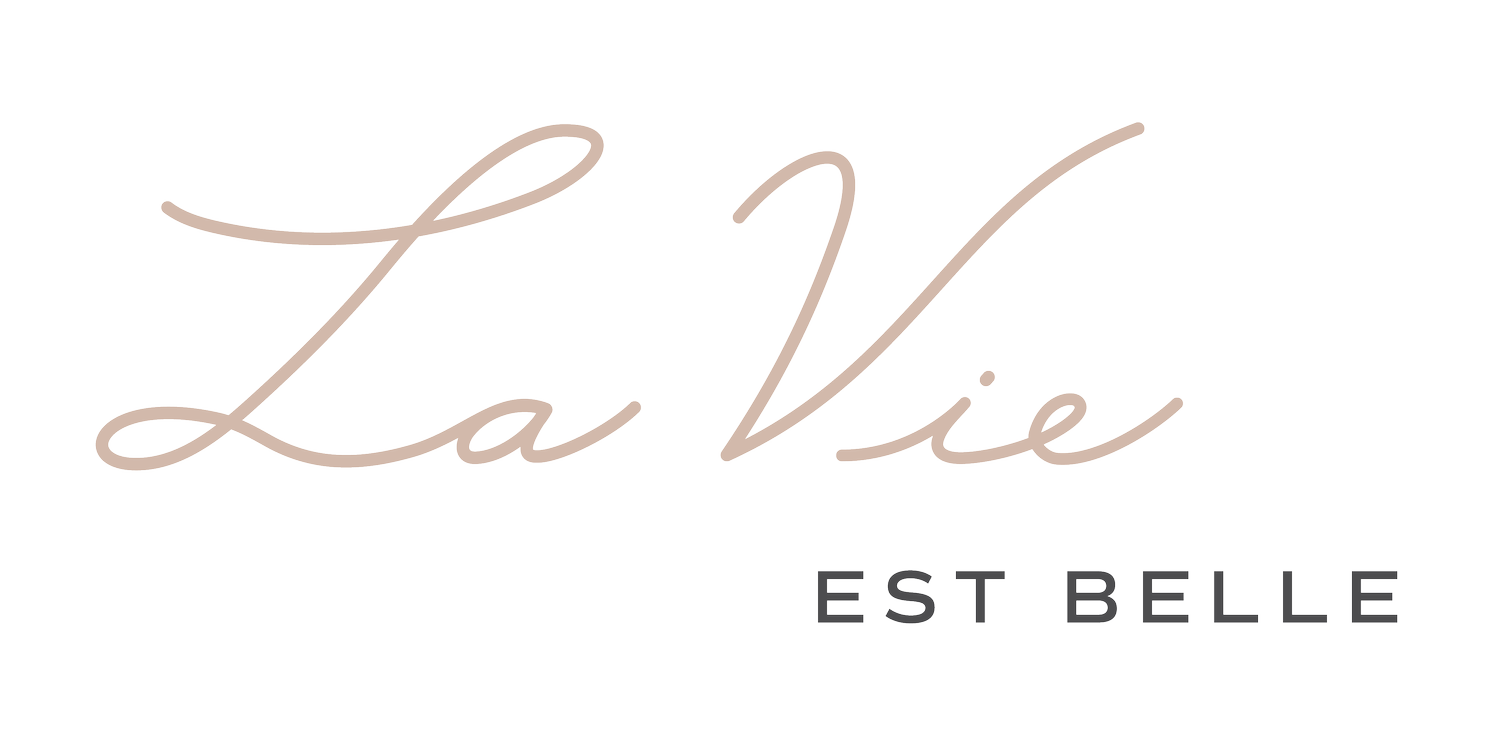Allow the Unknown
Our oldest and I fought our own battles last week. Different…but maybe similar. Both not well understood, misinterpreted or assumptions made that created strong headwinds and yet the choice…well, there is no choice, but to step forward into the unknown of it all.
First our oldest…
(It was just past midnight Saturday evening/Sunday morning one week ago. Our daughter was just given the meds forgotten and coming down from an evening of panic resulting from separation while my husband and I attended a gala. She had been safe, but mind and body sadly distressed.)
Our daughter grabs my attention, “Mom, I have to tell you something and I am really scared. I guess I hid my phone underneath my mattress and then could not find it creating a scene in the house. Mom, I do not remember...I truly do not remember. I am really scared - why do I not remember? Please, you have to believe me. No one believes me. Do I have a brain tumor? Am I going to die?”
Initial reaction from any parent or adult - our daughter was lying in an attempt to control or manipulate a situation. There is absolutely some truth to this as it relates to grappling for control when a situation feels out of control. But the story did not add up. Our daughter’s greatest fear the evening of the gala was not that she was going to have a panic attack (she knew she would - an automatic and irrational response to trauma she cannot control). Her greatest fear was that others would see her. Creating a scene was counter intuitive. In addition, when panic finally grabbed our daughter, the frantic texts I received indicated she was hiding under her bed embarrassed and scared begging her brother and I for help.
We are beginning to learn that our daughter utilizes a coping mechanism called disassociation. Disassociation (as it is related to psychiatry) is defined as the separation of normally related mental processes, resulting in one group functioning independently from the rest. The disconnection and lack of continuity between thoughts, memories, surroundings, actions, and identity. When a person experiences dissociation, it may look like: daydreaming, spacing out, or eyes glazed over. Acting different or using a different tone of voice or different gestures. Suddenly switching between emotions or reactions to an event, such as appearing frightened and timid, then becoming bombastic and violent. When people are disassociating, they disconnect from their surroundings, which can stop the trauma memories and lower fear, anxiety and shame. Dissociation can happen during the trauma or later on when thinking about or being reminded of the trauma. Triggers are sensory stimuli connected with a person’s trauma, and dissociation is an overload response. Even years (or months in our case) after a traumatic event or circumstances have ceased, certain sights, sounds, smells, touches, and even tastes can set off, or trigger, a cascade of unwanted memories and feelings.
What is our daughter’s trauma? Sadly, we believe it was the admission process and separation from parents at the in-patient mental health hospital she resided at for just ten days over 18 months ago. I will save the details for another blog, but the loss of control, fear and separation from parents during this event has triggered an automatic irrational response and need for control of anything in her life that does not feel in control.
Why did she hide the phone? I am not sure we (or our oldest) will ever really know. However, I do know the first night in the hospital I mentioned above our daughter felt alone and scared - no way to reach her parents. A week ago - her phone was her only lifeline to her dad and I - her only sense of control.
As it relates to me…
I recently experienced a turn-of-events or cyber abuse on social media that has halted my business (sales and marketing), while at the same time attacked my personal credit. A business I threw my heart and soul into is at risk because of actions outside my control - like my daughter - a loss of control I desperately try and regain. My coping mechanism is not disassociation but, may be, repositioning. The idea that I may need to change, adjust or alter the position of my business and self to move forward and around the damage done. I reflect on the similarities that my daughter and I may be experiencing. Both not without fear and significant amount of risk.
Again, what am I learning while at the same time role modeling for my daughter? I am not sure I know yet. But one thing is for certain. Happiness is not found living in fear or apprehension. We must courageously allow the unknown to move forward. The outcome may not be what we hope, but we can take pride in knowing we continue to take steps forward. The “destination” may not be a place, an end point, a loss or a victory. It may simply be our experience and what we bravely do with it.

